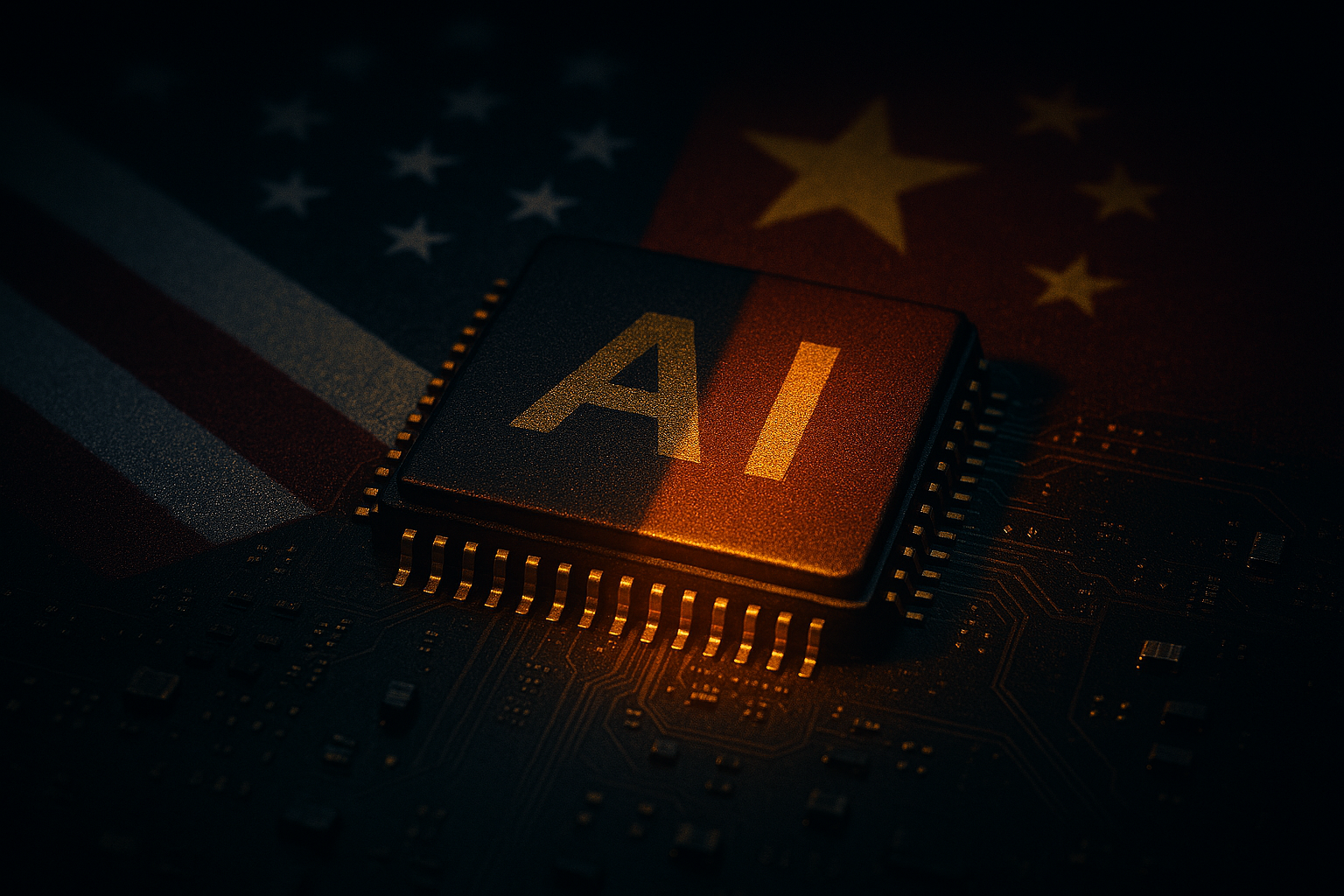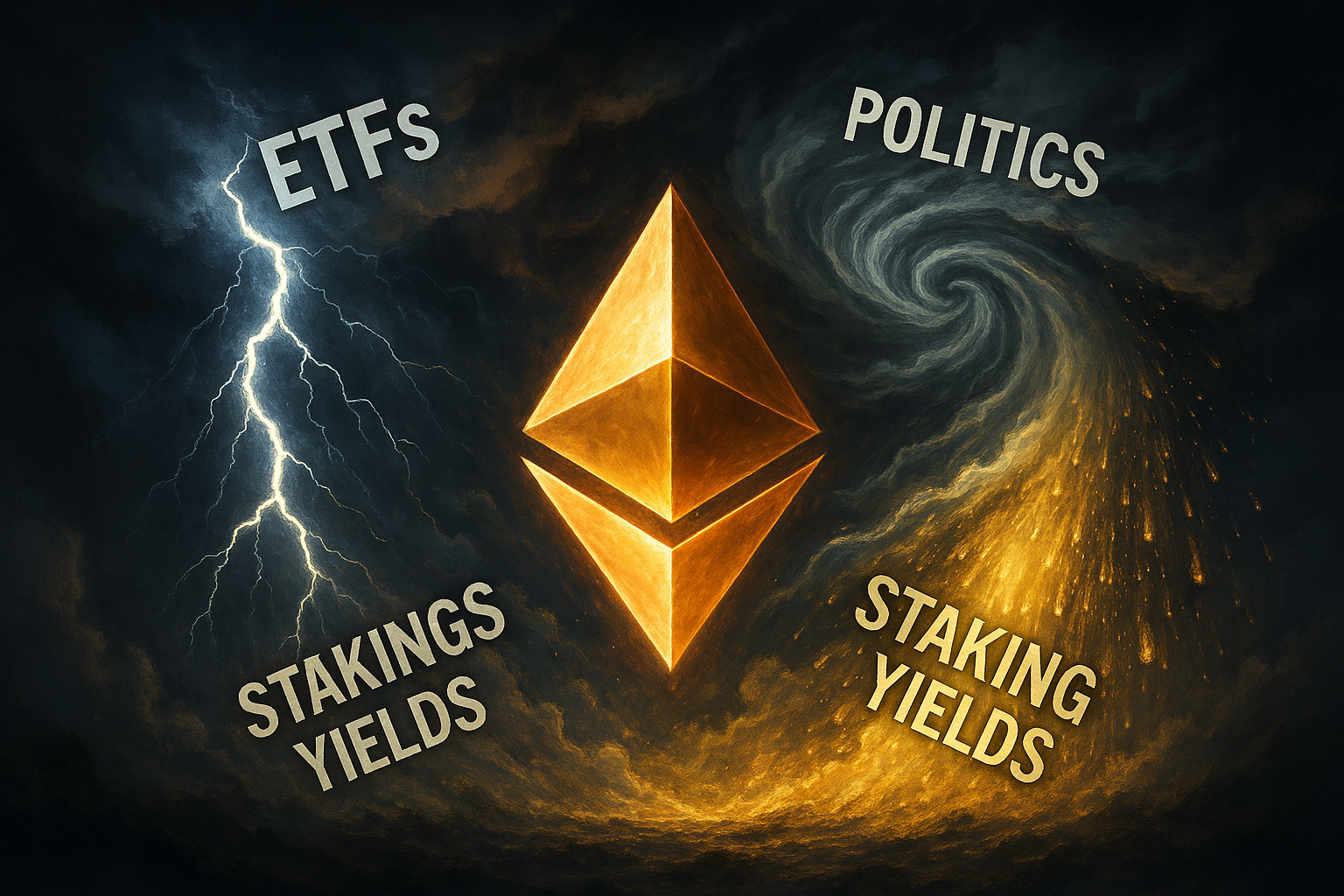US Hits China With New AI Chip Ban, Targeting Nvidia and AMD

US Expands China Chip Ban, Targeting Advanced Nvidia and AMD AI Chips
The Biden administration has escalated its technology war with Beijing, announcing new, stricter controls on the sale of high-end artificial intelligence chips to China. The move directly targets powerhouse American companies like Nvidia and AMD, aiming to cut off China’s access to the critical technology that powers modern AI. This expanded US China chip ban represents one of the most significant steps yet to curb China’s technological advancement, a decision that is sending shockwaves through the global semiconductor industry.
This policy tightens the screws on previous restrictions, closing loopholes that allowed Chinese firms to acquire slightly less powerful, “watered-down” versions of top-tier chips. The new rules signal that the U.S. is committed to a long-term strategy of thwarting China’s ambitions in strategic sectors like military modernization and AI-driven surveillance, regardless of the financial cost to American tech giants.
Closing Loopholes: What the New Rules Do
The previous restrictions, implemented in 2022, focused on blocking the sale of the most powerful AI chips, such as Nvidia’s A100 and H100. In response, Nvidia cleverly designed and sold modified chips for the Chinese market, like the H800, which fell just below the performance thresholds set by the Commerce Department.
The new rules are designed to eliminate this workaround. They introduce a more sophisticated “performance density” metric, which makes it much harder to create compliant-yet-powerful chips. The key impacts are:
- Blocks “China-specific” chips: The new regulations effectively ban the sale of Nvidia’s H800 and other chips specifically designed to circumvent the old rules.
- Targets future development: The rules are designed to be forward-looking, making it difficult for companies to develop new workarounds.
- Expands licensing requirements: More types of advanced chips will now require a hard-to-get license for export to China.
This aggressive stance shows the U.S. is moving beyond simply blocking current technology and is now actively trying to preempt future Chinese capabilities.
The High-Stakes Battle for AI Supremacy
This isn’t just about semiconductors; it’s about the future of global power. U.S. officials argue that preventing China from obtaining these advanced AI chips from Nvidia and other designers is a matter of national security. They contend that China’s military is using AI to develop autonomous weapons, enhance surveillance systems, and conduct sophisticated cyberattacks.
| U.S. Goals | China’s Ambitions |
|---|---|
| Slow China’s military modernization. | Achieve technological self-sufficiency. |
| Maintain a U.S. technological edge. | Become the world leader in AI by 2030. |
| Protect human rights by limiting surveillance tech. | Integrate AI across all sectors of its economy and military. |
“We cannot allow the most advanced American technology to be used to undermine our own security,” a senior Commerce Department official stated. This US China chip ban is the frontline of a broader strategic competition.
The Cost to Nvidia, AMD, and the Tech Industry
While the policy is aimed at China, American companies will feel significant pain. China remains a massive market for U.S. tech firms, accounting for roughly a quarter of Nvidia’s data center revenue.
The immediate fallout includes:
- Stock Market Reaction: Shares of Nvidia and AMD fell sharply following the announcement, reflecting investor fears over lost revenue.
- Long-Term Risk: There is a concern that this move will accelerate China’s own efforts to build a domestic semiconductor industry, potentially creating a powerful future competitor.
- Supply Chain Disruption: The global tech supply chain, already fragile, faces further uncertainty and fragmentation.
Nvidia’s CFO stated that while the company is assessing the long-term impact, the restrictions would “result in a permanent loss of opportunities” for the U.S. tech industry.
Conclusion: A New Era in the US-China Tech War
The expanded US China chip ban marks a new, more confrontational chapter in the ongoing tech war. The United States is making a high-stakes bet: that it can successfully kneecap China’s AI ambitions without doing irreparable harm to its own technology champions. The move to block even modified AI chips from Nvidia and AMD makes it clear that the era of loopholes is over. The world will be watching to see if this strategy secures America’s technological leadership or simply hastens the rise of a formidable, self-reliant competitor.










